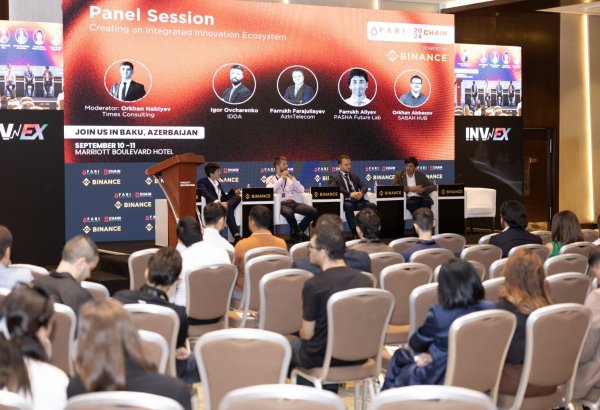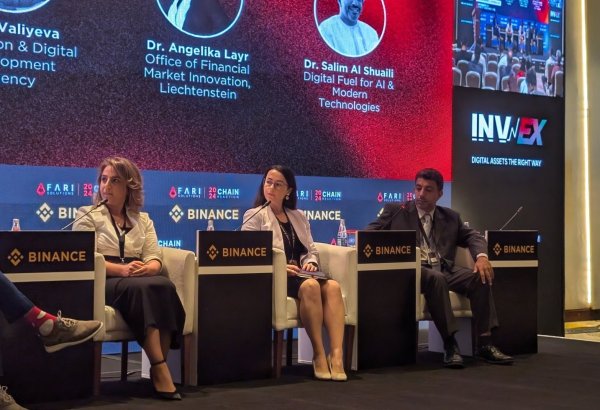BAKU, Azerbaijan, September 10. The digital economy is distinguished by two primary types of digital businesses, leader of the advisory sector at Ernst & Young (EY), Mohammad J. Sear, stated during the panel discussion "Immersing in the Digital and Metaverse Economy" at the "Chain Reaction 2024" forum in Azerbaijan's Baku,TurkicWorld reports.
"For me, the digital economy encompasses businesses that originated and exist solely in the digital era, which did not exist before. Often, the terms 'digital' and 'IT' are confused and used interchangeably. Many so-called 'digital strategies' are merely IT strategies disguised under a trendier term. The true digital economy represents something new, previously nonexistent, that has transformed our approach to online business—how we consume information and interact with one another," Sear explained.
According to Sear, there are two primary types of digital businesses.
"The first type is fully digital companies. These operate exclusively online and provide their services through the internet. An example is Netflix, which emerged in the digital age and dramatically changed the content market. Unlike traditional media formats, Netflix offers a completely online experience where users access all content via the internet without ever needing direct interaction with company representatives.
The second type is digital hybrid companies, such as Uber. These businesses start in the digital realm but offer physical products or services. For instance, I book a ride through Uber online, but the ride itself occurs in the real world. Thus, Uber integrates both digital and physical elements into its business model," he stated.
Sear also noted that other businesses tend to fall into the category of IT or technology companies.
"Critical roles are played by organizations that support digital infrastructure, including digital identification systems, payment platforms, and data exchange technologies between companies. This ecosystem relies heavily on infrastructure that ensures connectivity and data transfer. Without reliable connectivity, digital businesses cannot function. Whether it’s e-commerce, where products are ordered online but delivered physically, or cloud kitchens, which operate entirely online but deliver offline products—these are integral parts of the digital economy," he added.





















